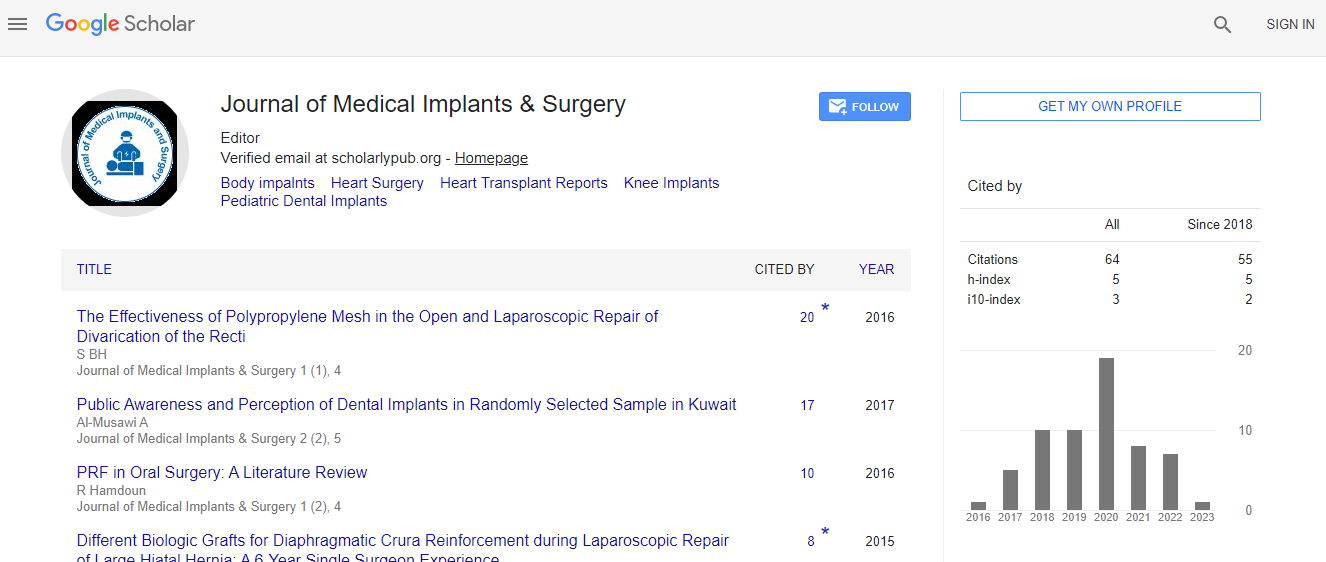Complete Mesocolic Excision and Central Vascular Ligation in Colon Cancer Surgery, Feasibility and Outcome
Abstract
Background: Colon cancer continues to be a major
health problem worldwide. Being the third most
common type of cancer in men and the second in
women. Standard treatment of colon cancer is based
on surgical resection. An adequate number of lymph
nodes harvested are important for a correct stabili-
zation of the disease; thereby the extension of the
colonic resection remains controversial. Complete
mesocolic excision (CME) with central vascular liga-
tion (CVL) has recently been found to improve on-
cological outcomes in patient with colonic cancer.
Complete mesocolic excision is based on a correct
identification of the dissection plan between the me-
sofascial plane and the retroperitoneal fascia, cen-
tral vascular ligation of the vessels to remove vertical
lymph nodes and resection of the affected colonic
segment. Methods: This is a prospective study done
at general surgery department of Fayoum University
hospitals from January 2015 to January 2019 includ-
ing 60 patients with operable colonic cancer operat-
ed with adequate surgical margin, complete meso-
colic excision and high vascular ligation. Results: The
number of dissected lymph node was 27.7 ± 4.2 and
this number is more than that dissected in the con-
ventional colectomy mentioned in many studies in
literature, more over larger mesocolon area, longer
distance from vascular high ligation point to intesti-
nal wall, and longer distance from vascular high liga-
tion point to tumor center were observed. Conclu-
sion: Surgery in colon cancer patients remains the
only curative treatment and applying the principles
of complete mesocolic excision and central vascular
ligation in colon cancer surgery can improve cancer
outcomes without increase the incidence of postop-
erative complications.
The colonic mesentery or mesocolon contains the
vascular and the lymphatic drainage systems of the
colon, so adequate clearance is necessary for colon
cancer to have the same oncologic benefit as a to-
tal mesorectal excision for the treatment of patients
with rectal cancer. In 2009, Hohenberger et al. [1] in-
troduced a new concept trying to translate survival
advantages to patients with colon cancer. This new
concept of a complete mesocolic excision (CME) with
a central vascular ligation (CVL) in the management
of patients with colon cancer represents a kind of
evolution in operative technique. The concept of a
CME as a surgical technique with sharp dissection
of the visceral plane from the retroperitoneal (pari-
etal = somatic) one aims to avoid any breaching of
the visceral fascia layer, which potentially may lead
to tumor spread within the peritoneal cavity. With
this procedure, the origin of the colonic arteries can
be well exposed and tied centrally at their origins to
ensure maximal harvesting of regional lymph nodes.
CME and CVL surgery remove more tissue compared
with standard surgery in terms of the distance be-
tween the tumor and the highly vascular region, the
length of large bowel and ileum removed, and the
area of the mesentery. In addition, CME and CVL sur-
gery are associated with more mesocolic plane re-
sections and greater lymph node yields [2, 3].
In terms of oncologic outcomes, Hohenberger et al.
[1] reported excellent cancer-specific survival rates
after CME surgery (stage I, 99.1%; stage II, 91.4%;
and stage III, 70.2%) [1]. Moreover, CME surgery is
associated with better disease-free survival than is a
conventional colon cancer resection for patients with
a stage I–III colon adenocarcinoma: the 4-year dis-
ease-free survivals were 85.8% after CME and 75.9%

